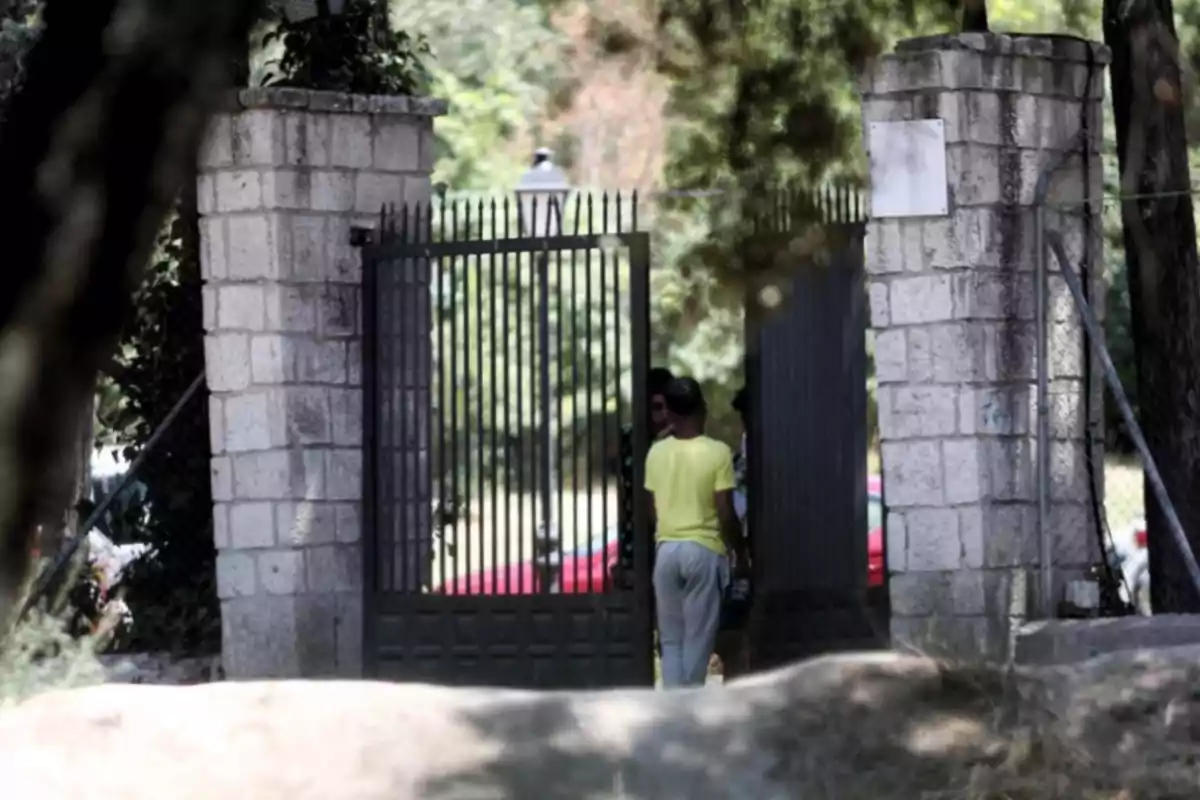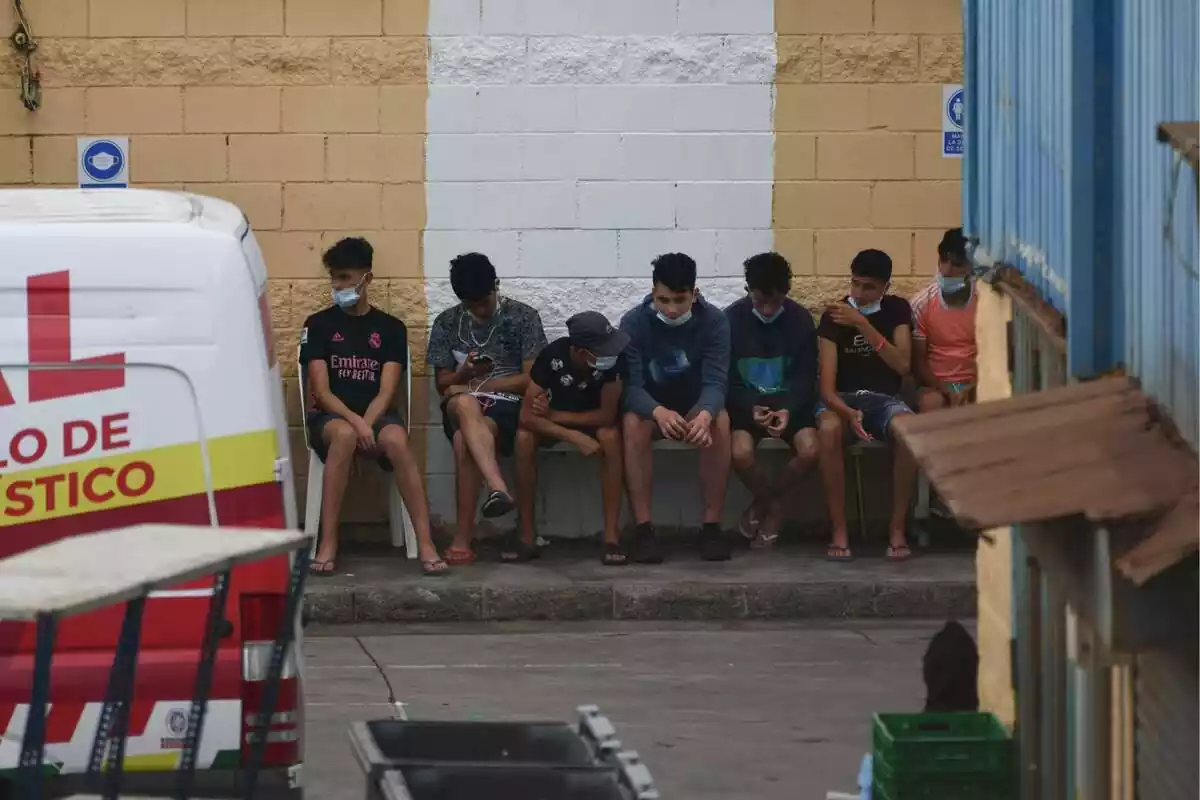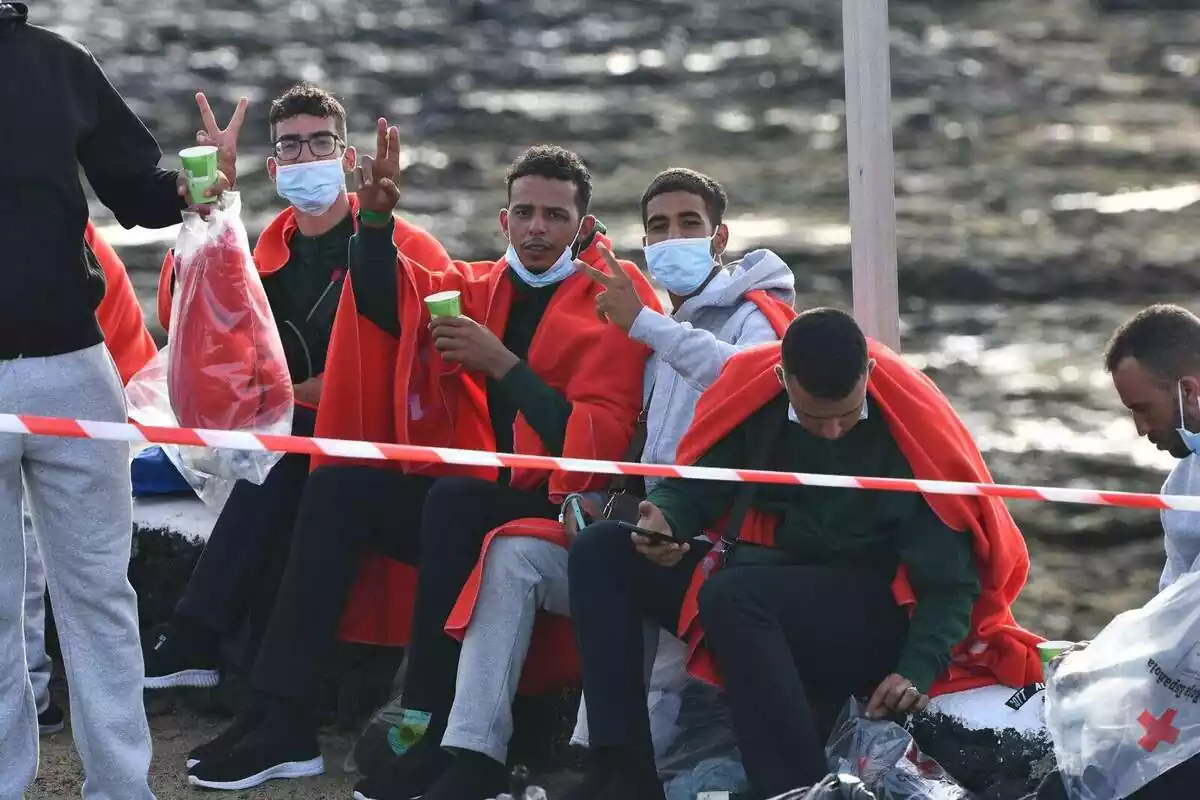
Leaders of the NGO that runs youth migrant centers in the Canary Islands arrested
The 'DGAIA pattern': capitalizing on good intentions to secure multi-million public funding grants
The president of the NGO Quórum Social 77, Delia García, and the director of centers for the same organization, Juan Enrique Quintana—PSOE activist and former secretary of Social Action in Gáldar—were arrested this Thursday by order of the Court for Violence Against Children and Adolescents. They are under investigation for alleged crimes related to child abuse, threats, and possible embezzlement of public funds.
The operation led to the immediate closure of the Arinaga center, which housed 148 minors (148), and included searches at other facilities. This judicial action is the second direct blow against the organization after the closure in May of the Fortaleza I center in Santa Brígida. Back then, there were also reports of serious institutional racism, physical assaults, and degrading treatment.
NGOs, subsidies and political power: a repeated equation
Quórum Social 77 currently manages 31 centers with 1,925 minors (1,925) under guardianship, and has received more than 131 million euros in subsidies since 2023. Far from being an isolated case, the scheme reveals an increasingly widespread pattern. These are organizations that present themselves as "third sector" entities and attract vast public resources with alarming opacity.

The recent release of images from a center in Tacoronte, Tenerife, showing cigarette packs organized by shifts for minors, has sparked a new wave of outrage. The scene, documented with internal WhatsApp messages, shows how resources are diverted to illegal practices. Neither the NGO nor the authorities have provided explanations so far.
The “DGAIA model”: from Catalonia to Canary Islands
The case strongly recalls the scandal already known as the “DGAIA case” in Catalonia. As is known, DGAIA was accused of awarding contracts to foundations in the so-called third sector with political ties and without proper oversight. Million-euro payments were revealed for minors not taken in, irregular awards, and real estate empires financed with subsidies. In addition, of course, there was a revolving door system between public officials and executives of the beneficiary foundations.
What is repeated, both in Catalonia and in Canary Islands, is the parasitism of the protection system through a discourse of solidarity. These "good intentions" thus become the shield to justify opacity. At the same time, the direct beneficiaries—NGOs close to power—amass millions in resources with minimal oversight.

Institutional silences and political responsibility
Despite the seriousness of the events, institutional reactions have been lukewarm. From the Canary Islands government, the Minister of Social Welfare, Candelaria Delgado, tried in May to downplay the scandal by attributing it to "a few specific workers." However, after it was revealed that the president of the NGO ordered all security cameras to be turned off, the claim of ignorance seems unsustainable.
Meanwhile, the regional president, Fernando Clavijo, had already warned that this could happen. The head of the Canary Islands executive explained that with these levels of migratory pressure, the control systems couldn't function. In fact, Canary Islands alone manage around 5,500 minors (5,500).
More posts: